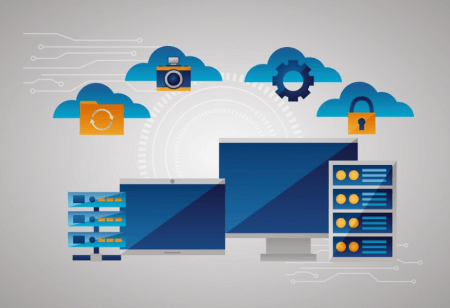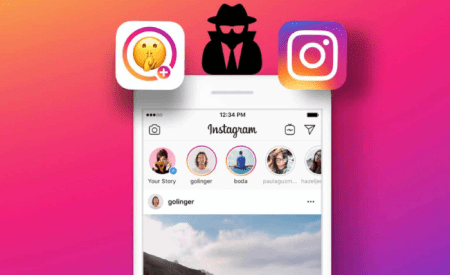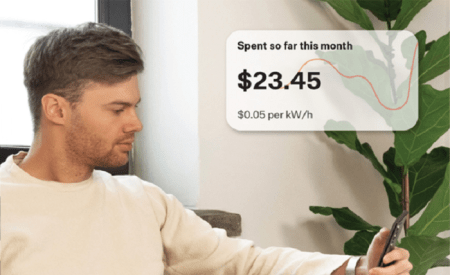Customer engagement is more than a buzzword in today’s competitive business environment; it is a necessity. With rapidly evolving digital communication channels, WhatsApp API has become a game-changer, providing companies with an efficient way to engage with consumers. The API is a flexible platform that can improve service, strengthen loyalty, and deepen relationships—not only a communication tool. When used correctly, it can change the way you connect with your audience, transforming simple conversations into powerful customer experiences that increase satisfaction and drive growth.
1. Create Personalized Conversations That Build Trust
Engaging consumers depends on personalizing, making the WhatsApp API an ideal platform for tailoring your messaging. Customizing messages that feel relevant and timely requires using consumer data, including past interactions, purchasing behavior, and preferences. Communication is more significant when you can address particular needs and interests rather than providing generic, one-size-fits-all responses. When a consumer inquires about a product, for instance, referencing their past purchases or browsing patterns will help them feel appreciated and understood.
This level of personalization is what distinguishes your company, as it demonstrates genuine concern and attention to individual customer needs. These tailored interactions help to build trust and a closer relationship, therefore increasing the likelihood of consumers returning and recommending your brand to others.
2. Offer Instant, Real-Time Support to Elevate Customer Experience
Using WhatsApp API for real-time assistance would greatly improve customers’ experience with your brand at a time when customers expect immediate responses. Customers prefer fast, direct communication, and the WhatsApp API enables you to meet this expectation seamlessly. Whether it’s handling inquiries, resolving issues, or providing specific information, quick response times can significantly affect your capacity to handle situations. Offering immediate assistance helps to lower consumer annoyance and guarantee that their issues are taken care of right away.
Additionally, using automated responses to common questions can help to streamline the support process. This way, your staff can concentrate on complex issues while simple inquiries are addressed quickly. The WhatsApp API’s immediacy makes it an essential tool for increasing customer satisfaction because it demonstrates to your audience that you value their time and prioritize their needs.
3. Use Targeted Automation to Maintain Consistent Engagement
One great approach to guarantee continuous and timely interaction with your clients is automation via WhatsApp API. Routine messages, including order confirmations, delivery updates, and follow-up reminders, can be automated rather than manually handling every contact. This not only saves time but also keeps your clients updated without any delays. However, the true power of automation is its ability to remain personalized. Separating your audience according to behavior, preferences, and past interactions will help you to create relevant and interesting automated communications. Automated messaging recommending related products after purchase, for instance, can improve the shopping experience and boost sales.
WhatsApp API enables seamless integration with your CRM systems, making it easier to create customized workflows with a personal touch. By means of focused automation, you can maintain top-of-mind brand awareness while offering consistent, premium service that satisfies consumer expectations.
4. Utilize Broadcast Messaging for Efficient Customer Outreach
Maintaining the personal sense of one-on-one conversation broadcast messaging via WhatsApp API provides a quick approach to contacting several clients simultaneously. Sending out significant updates, special offers, or product announcements is made easy with this feature. Segmentation is essential to successful broadcast messaging because it allows you to create messages that are relevant to particular groups by classifying your audience according to their interests, past purchases, and engagement trends. This focused strategy not only increases engagement but also helps to prevent your messages from feeling spammy or irrelevant.
For a new feature, for example, delivering a customized message to interested consumers generates buzz and promotes instantaneous interaction. Unlike group messages, WhatsApp API broadcasts are received individually; hence every client feels as if the message was composed especially for them. Businesses trying to reach more people and interact more successfully will find the API to be a great tool since it can manage large volumes without sacrificing personalization.
Conclusion
Effective customer engagement is the foundation of any successful business strategy, and the WhatsApp API offers a dynamic solution for connecting with your target audience. Your customer contacts will improve, and you will build enduring relationships by embracing personalization, providing real-time help, applying targeted automation, and strategically deploying broadcast messaging. Using WhatsApp API can help your company stand out in a world of continuous communication and high expectations by making sure your consumers feel appreciated and heard at every interaction. It’s more than just sending messages; it’s about creating memorable experiences that leave a positive impression and encourage brand loyalty.







